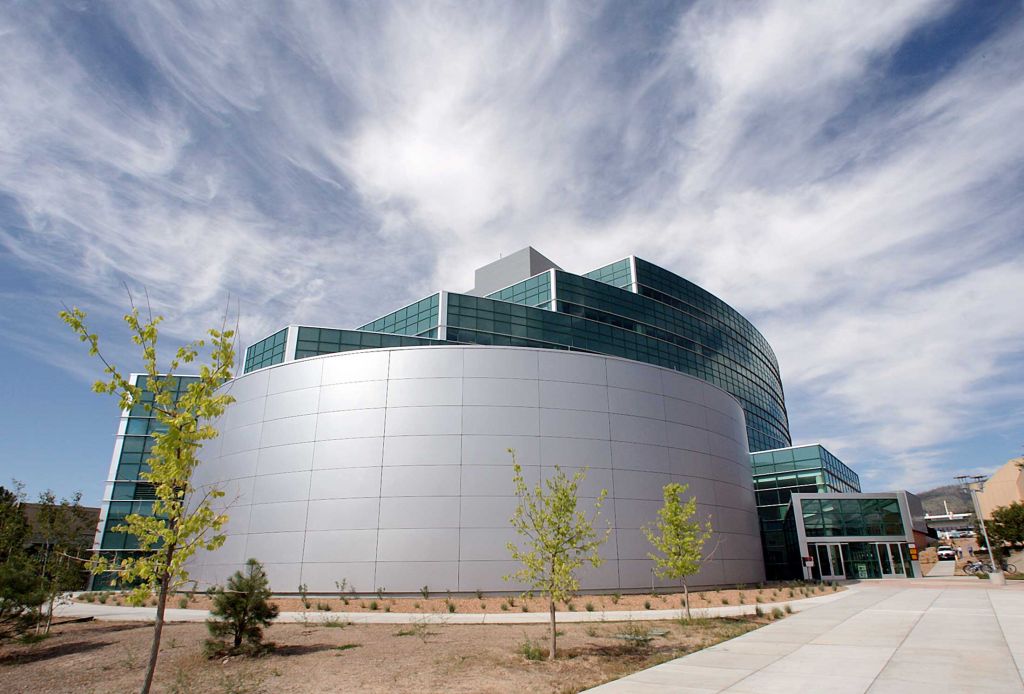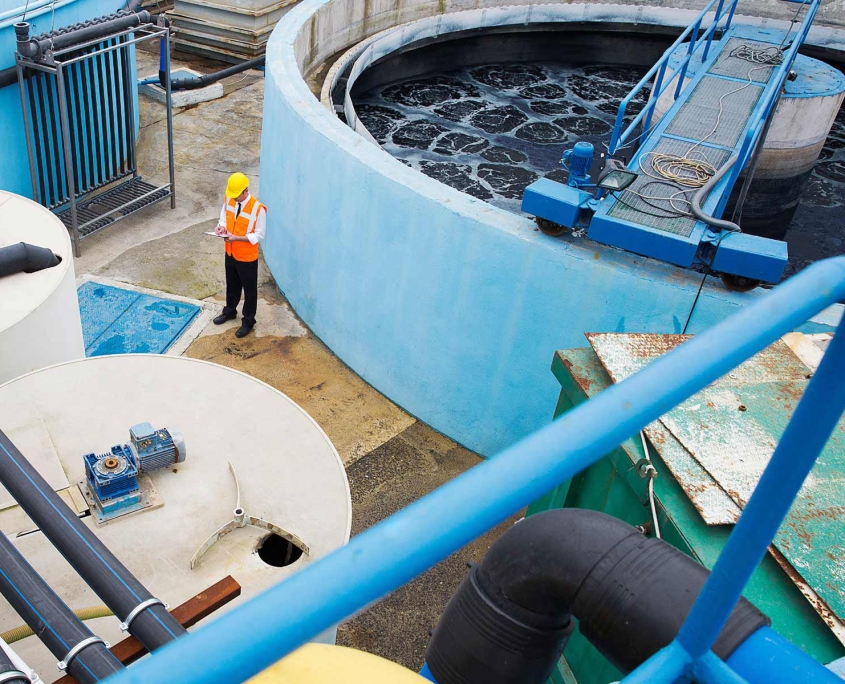Market Sectors
Agriculture, Food & Beverage
Companies in markets like grocery manufacturing and distribution, agricultural chemical manufacturing, and farming and distribution of livestock, crops and seafood use Locus software to consolidate environmental and EHS data.
Discover an easier and faster way to collect, track, manage, and report all the data required by regulations, across multiple locations, and for local, state, and federal regulatory programs.
Chemical & Pharmaceutical
Companies in the chemical and pharmaceutical industries can have some of the most challenging environmental reporting requirements. These challenges may be amplified by the cleanup from former sites, operational and structural changes, or complex permit regulations.
Find out how some of the top 50 chemical companies have used Locus software solutions to manage chemical inventories, DMRs, and their environmental and EHS compliance information.
Construction
With initiatives like Buy Clean gaining momentum, the US Federal Government is leading the charge toward the adoption of American-made, lower-carbon construction materials. Here at Locus, we align with this vision, offering solutions designed to support the procurement and implementation of these environmentally responsible practices in federally funded construction efforts. Our multi-faceted approach helps construction companies monitor environmental impacts at every stage of construction.
From quantifying environmental impacts of various building materials to tracking construction equipment, Locus provides a comprehensive platform for Sustainable Construction.
Energy, Oil & Gas
Locus software is proven to manage air quality, waste tracking, and compliance for companies in energy, oil and gas. From cleaning up years of leaking underground tanks, to tracking permits for co-generation facilities, to managing drinking water quality on offshore platforms— the energy, oil and gas industry needs a flexible, robust solution like Locus for collecting and reporting environmental data.
Reduce operational risk, streamline the transformation of data into information, and build a stronger compliance program with Locus cloud software.
Locus clients are happy here. We have 18,000+ active users and a 98% renewal rate year after year.
18,000+
Active Users
98%
Renewal Rate Year After Year
Government
Locus cloud software has the power and flexibility to manage environmental and EHS data for a wide range of government organizations— from the smallest municipal water utility to the national nuclear research facilities. We’ve worked closely with Department of Energy (DOE), Department of Defense (DOD), and EPA facilities, as well as state and local government agencies (including public utilities).
Our government clients trust Locus’ secure, centralized, comprehensive cloud software to save time and resources on environmental data management. Locus Technologies is on the GSA Schedule.
Manufacturing
Locus helps clients in the manufacturing industry to simplify their compliance obligations and accelerate sustainability initiatives. Our software simplifies chemical management and hazardous waste management for manufacturers and helps companies monitor workplace safety, investigate and resolve issues, and track refrigerants. With key calculations and frameworks baked in, our manufacturing clients can more easily demonstrate permit compliance and submit reports. Additionally, our ESG software enables clients to assess materiality, gather Scope 3 supply chain data, and track performance over time.
Mining
From single-site operations to networks of multinational facilities, the mining industry’s environmental compliance activities can generate vast amounts of data that quickly become too complex for spreadsheets.
We can provide flexible, scalable environmental data management in the cloud that is designed to grow along with your operations.
Nuclear
Nuclear reactor and research sites have unique environmental data reporting requirements, including Radioactive Effluent Technical Specifications (RETS), Radiological Environmental Monitoring Programs (REMP), and the Annual Radiological Environmental Operating Report (AREOR).
Join over 40% of U.S. commercial nuclear reactor sites and six DOE research labs who are already using Locus software to collect, monitor, analyze, and report their environmental and EHS compliance data.
Locus manages over 1,579,144 worldwide locations and 450,189,314 analytical records in real time.
1,579,144
Worldwide Locations
450,189,314
Real-Time Analytical Records
Technology
Even the fast-paced technology industry has to make time for collecting, analyzing, and reporting compliance-required data for facilities with any environmental impact. By consolidating and automating your workflow in the cloud, you can get to the actionable information faster.
Discover an environmental data management software solution that values innovation and forward-thinking ideas as much as your own company does.
Transportation
The transportation industry includes diverse organizations with different day-to-day operational logistics and compliance challenges. Locus software supports railroads, school buses, container ships, marine ports, and airlines with purpose-built solutions to track and report environmental and EHS data. With Locus, our transportation clients maintain compliance, reduce risk, and avoid costly fines.
Take control of your company’s environmental activities (from field data collection to compliance reporting) with a centralized, cloud-based environmental software solution.
Water Utilities
For public or private water utilities, the amount and complexity of water sampling and analysis data can be overwhelming. Simplify your routine monitoring and reporting activities with our cloud software solutions for all your environmental and compliance-related data.
At Locus, we know water. And we know how to help you save time and resources on water data management and turn your data into actionable insight.
Did you know?
Locus software solutions are proven to deliver results for organizations of any size, sector, or industry. From the smallest public water utility to the largest chemical manufacturer, Locus software is here to help.











